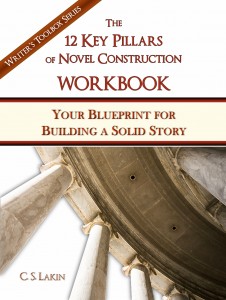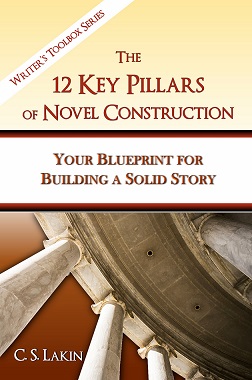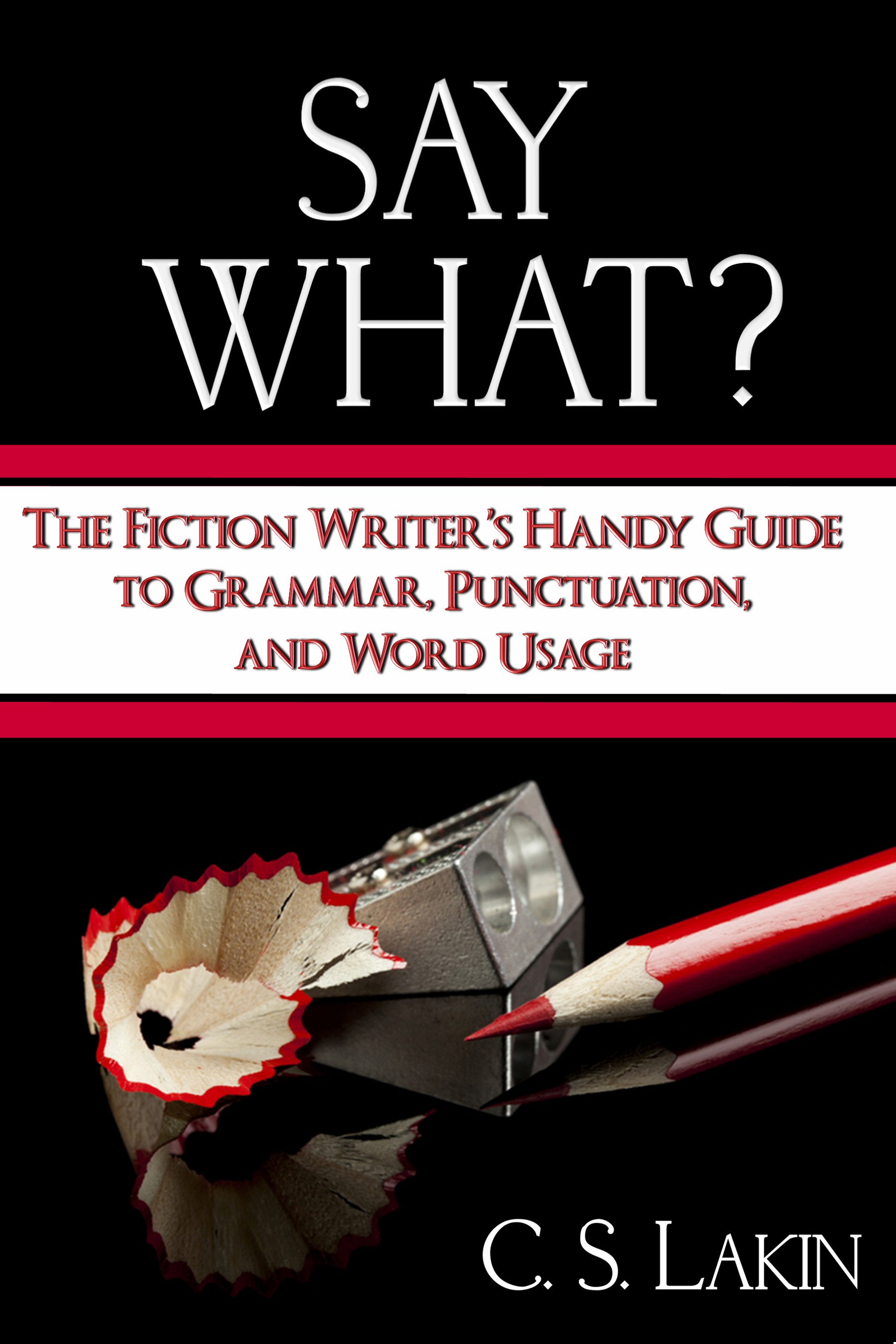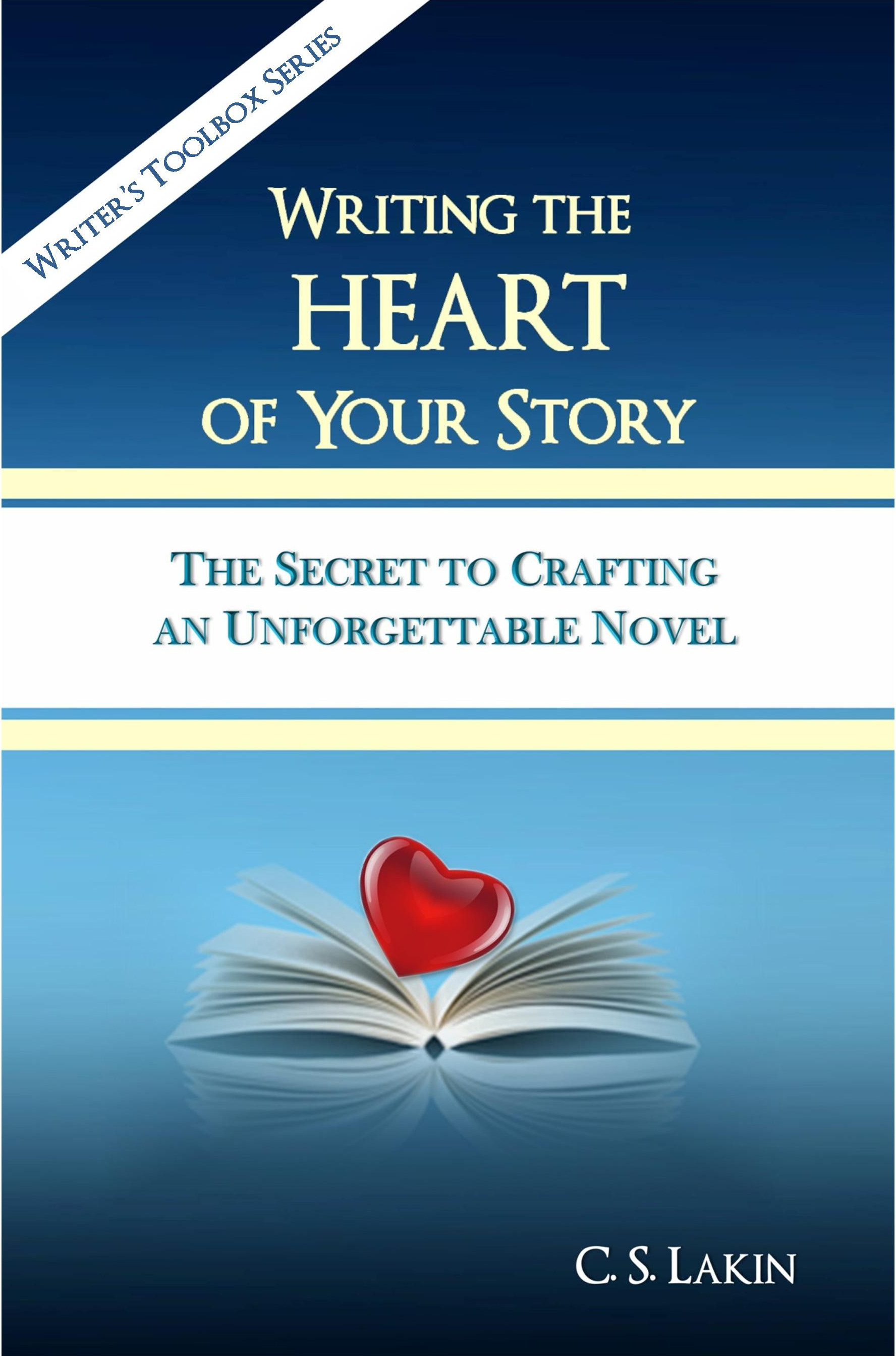Your critique will give you the help you need to get your manuscript or proposal in shape.
Your book is going to compete with hundreds of thousands of others to grab the attention of an agent or publishing house, (or, if you are self-publishing, thousands of books published every day) so you want to do everything you can to make sure your proposal, query letter, synopsis, and book stand out from the rest. Agents and editors look for a professionally prepared package and will reject submissions that are not outstanding.
A critique is the first important step you can take to ensure your manuscript will have a chance of being picked up.
If you plan to self-publish, to ensure a reputable career as a writer, you’ll want to make sure every book (or short story or poem collection) you write is the best it can be. Even seasoned authors miss glaring mistakes in plot or fail to spot weak areas in dialog, structure, character development, or other components.
Is a Critique the Same As a Developmental Edit?
Mostly, yes. However, as the name suggests, developmental editing usually involves help at the developmental stage, even at the basic idea stage.
Many developmental editors work with an author to take a germ of an idea and flesh it out into a complete manuscript. This might involve working from a very loose outline and helping the author until she has a solid story or detailed summary before she does any actual writing of the book.
In addition, most developmental edits include line editing, which makes little sense at this stage. Why correct sentence structure or punctuation on a scene or in a chapter that might need to be completely rewritten or tossed? It’s best to leave the grammar issues for later.
One of my services, which I highly recommend for all authors, is to have a scene outline critiqued for strength of story line (which can be done at just about any stage of novel development). But I do not help authors brainstorm and develop their ideas into finished novels. Instead, I recommend highly that you buy The 12 Key Pillars of Novel Construction and the companion workbook if you are working on a novel.
Why? Because by going through the book, you will understand all the basic “building tools” you will need to construct a solid novel.
In addition, the workbook has hundreds of questions and prompts, along with inspection checklists and mind maps to help you take your idea all the way to full plot. You will be given a scene structure checklist and template to use to create strong, powerful scenes, and the character development sheet will make you go deep into creating rich, unique, believable characters.
Getting help early on in the novel-writing process is usually better than waiting until you’ve completed a first draft, but a critique can benefit any author of fiction or nonfiction at any stage. Just keep in mind that the more you apply yourself to learning novel structure and acquiring strong writing skills, the less “demolition” you might have to face when submitting your work for critique.
After I Get the Critique Back, Then What?
Critiques are subjective, and you may not agree with every insight or change suggested. That’s fine; it’s your book. My aim is to help you become a terrific author, and to help you write the best books you can. My comments and suggestions are based on decades of writing, reading, and editing manuscripts, as well as on countless books, classes, workshops, and blog posts I have gleaned from. My hope is to save you the heartache of years of rejection by clearly pointing out weak areas in your manuscript and showing you how you can fix them.
It is then up to you to implement (or not) the suggestions given in your critique. Some clients choose to have multiple critiques done on numerous drafts until they’re sure their book is as tight as it can be. Others find that one critique is all they need.
If you now feel you have a final draft, be sure to have your book (and submission materials, if needed) edited by a professional editor. Many agents and acquisitions editors state that if they see even one typo or grammatical error on the first page, they will toss the submission out.
I encourage you, once you have made your necessary changes after reviewing your critique, to have your manuscript carefully edited and proofread. Sure, it costs money to do so, but it will show you are a professional and take your career seriously.
Ready for Editing?
If you feel confident your manuscript is ready for line editing, you can contact me directly to inquire. I can give you an estimate of the time it will take to do a thorough content edit followed by a proofread if you give me your word count. Send requests to cslakin@gmail.com or use the contact form and tell me a little bit about your project and needs.
I often have a lot of projects on my plate, but will always fit you in. Your work will get professionally edited according to the US book industry standard style (Chicago Manual of Style or CMOS). I never rush through projects, so you may have to wait a bit before I can fit you in.


 Sign up for my newsletter to get cool news and offers and your free ebook.
Sign up for my newsletter to get cool news and offers and your free ebook.

 The ultimate resource to help fiction writers identify and ferret out the fatal flaws in their prose. A must-have for every serious writer. More than 60 Before and After passages.
Available in print and ebook format!
Buy it
The ultimate resource to help fiction writers identify and ferret out the fatal flaws in their prose. A must-have for every serious writer. More than 60 Before and After passages.
Available in print and ebook format!
Buy it 

